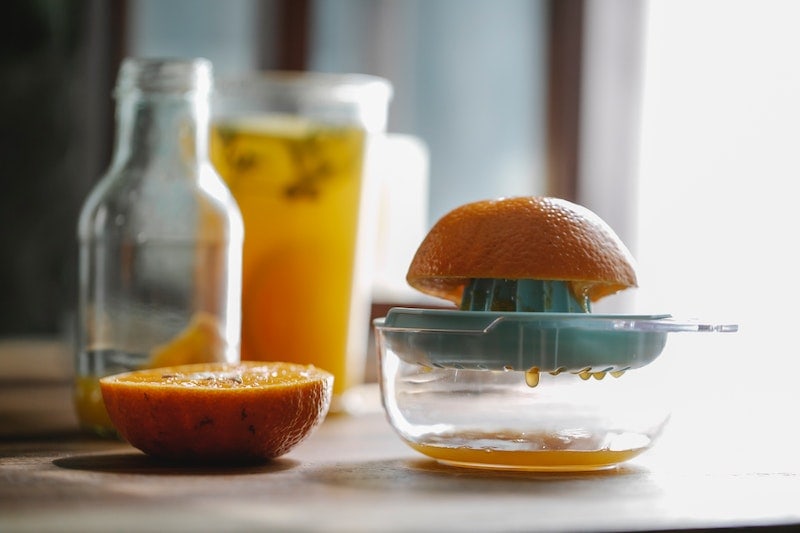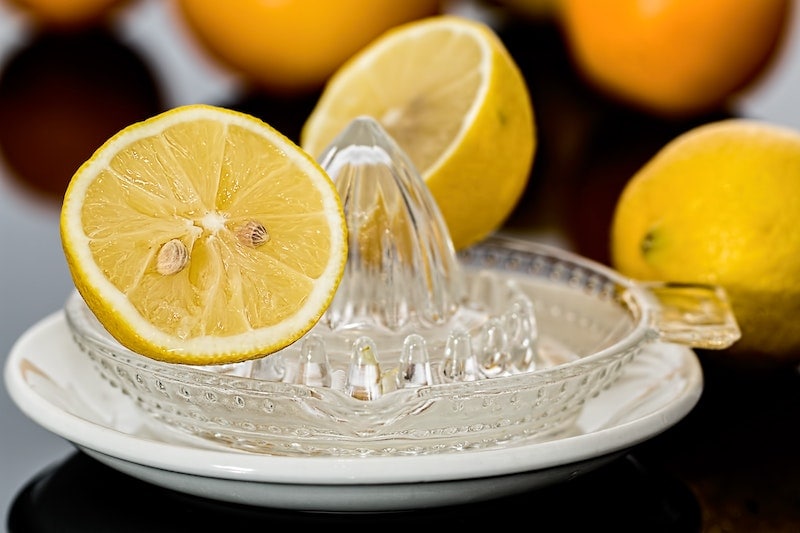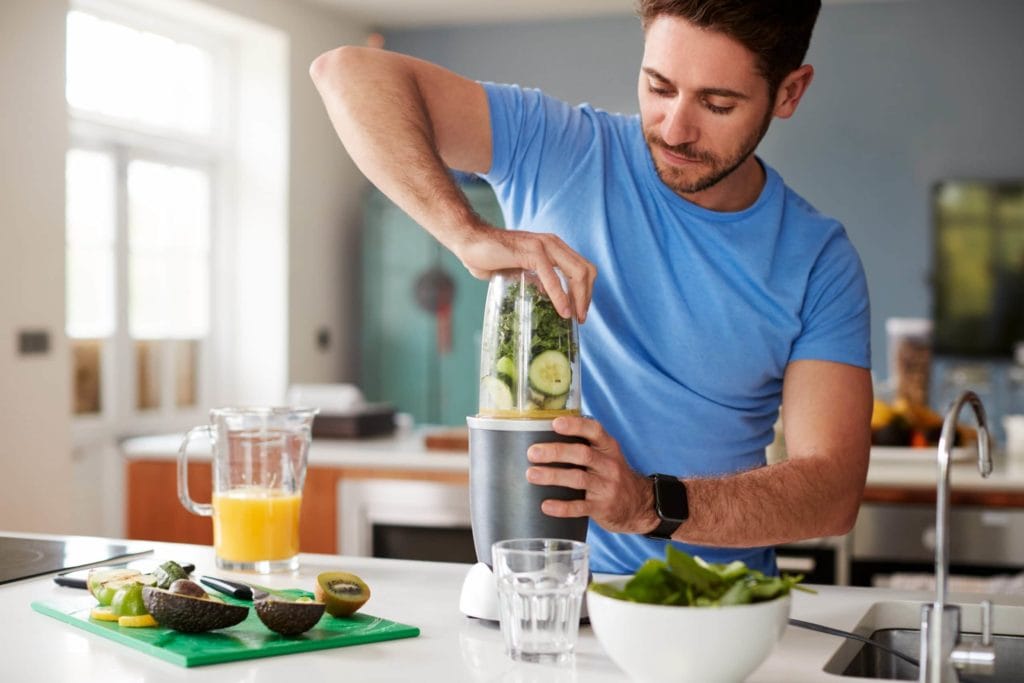Who Invented the Juicer, and When? History & Present
-
Codee Chessher
- Last updated:

Juicing is one of the biggest culinary trends today, but most people don’t know that the first modern juicer was invented by a man named Norman Walker in the 1930s.
Although other juicers have since improved on the original idea of separating juice from fruit, Walker’s Norwalk machine is the earliest known ancestor. Let’s check out a brief history of juicing and how juicers have evolved over the years.
Pre-20th Century
Records of juicing trace back to the Dead Sea Scrolls, which describe how an Israeli tribe called the Essenes would smash figs and pomegranates with rocks to separate the juice from the fruit. They also mentioned that the juice gave them strength, which was probably because of the vitamins and minerals inside.
Once primitive mortars and pestles were invented, juicing became much easier, and people would mash fruit and separate the juice with a sieve. Sometimes other herbs, fruit, or ingredients were added. Once fermentation became widespread, beverages like beer and wine started to spread and have a historical impact of their own.

20th Century
Orange growers in the early 1900s were overrun with an abundance of oranges that they couldn’t juice and sell fast enough, so they began using pasteurization. Until that time, juice typically had a short shelf life and wasn’t viable as a widespread commercial product. Ultimately, this paved the way for juice pasteurization nationwide.
Normal Walker unveiled his Norwalk machine in 1933, a huge beast with grates and a hydraulic press. Fruit was first cut and grated by the grates, then put into a linen bag and smashed with a hydraulic press to collect the juice. What makes this method so remarkable is that hydraulic press technology is still often used in juicers today.
Norwalk machines can sometimes still be found circulating today, and by all accounts, produce impressive results. The inventor himself claims that fruit and vegetable juices contributed to his 98-year lifespan.
New Juicers
The next major juicing invention was the citrus juicer in 1945, used widely in New York City hotels and bars. It was a sort of crossbreed between a food processor and a true juicer and lacked the ability to separate the pulp from the juice.
Aside from the citrus juicer and the Norwalk, smaller and easier-to-use juicers became commonplace after WWII. Just as importantly, food processors and blenders became widely available for the first time. Together with juicers, these small appliances revolutionized cooking for a generation of Americans.
In the 1990s, a man called Mr. Kim created the Green Power juicer, which used twin-gear technology similar to the mortar and pestle. It crushed fruit and veggies slowly to prevent oxidation and nutrient loss. The goal was to optimize the vitamins and minerals in the juice. It proved popular, and the Jamba Juice brand was created soon after.

Today
Today, juicers are more affordable and technologically advanced than ever. Thanks to health food trends, numerous chains of juice bars and even coffee shops are selling fresh juice.
Pasteurization makes selling and transporting juice easier because it doesn’t go bad as quickly, plus everyone has refrigerators. As culinary technology progresses, we expect to see juicing, blending, and food processing machines advance too.
In Conclusion
Juicing is sometimes considered a fad or trend, but juice’s delicious taste and practical health benefits are indisputable. From the ancient era to the modern day, people have developed better ways to get the delicious juice from fruits and veggies. Just like everything else in the kitchen, juicing is here to stay.
Featured Image Credit: charlotte-may, Pexels
Contents
